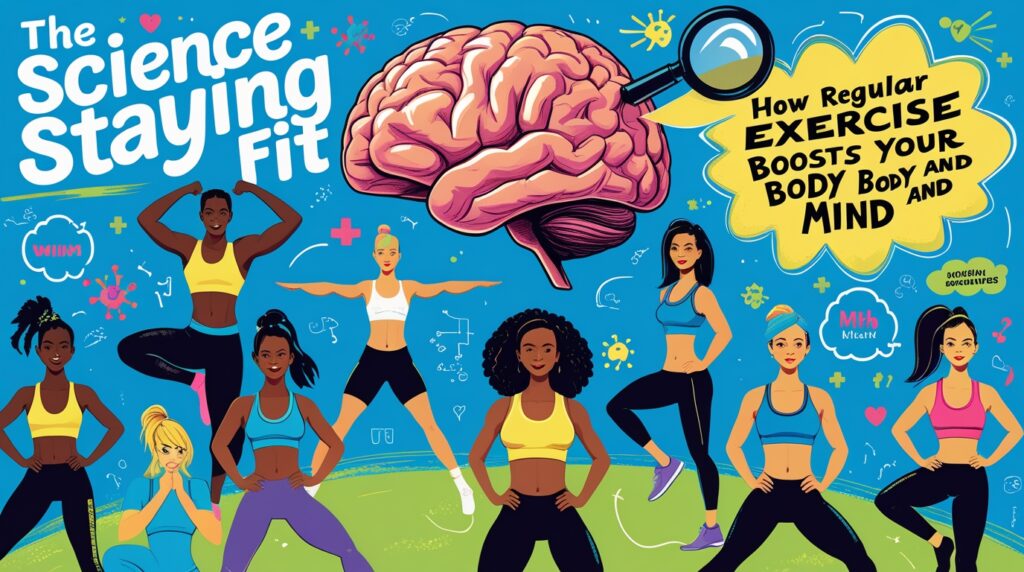






Our best-seller wine

1984 Chateau Latour
Indulge in the allure of 1984 Chateau Latour, a sparkling blend of sophistication and flavor, crafted for exquisite evenings under the stars.
Our best-seller hair product

Chebe Growth Set
Discover our luxurious 6 chebe growth set, mixed with premium botanical extracts. Experience salon-worthy shine, softness, and strength with every use.
Our Latest Blog
Kids Leave in conditioner with Hibiscus
Gentle Care for Little Curls & Strands Our Kids Leave-In Conditioner with Hibiscus is specially formulated to nourish, detangle,...
Read MoreStrength vs. Cardio: Which Workout is Best for Your Fitness Goals?
Strength vs. Cardio: Which Workout is Best for Your Fitness Goals? When it comes to fitness, two of the...
Read MoreThe Science of Staying Fit: How Regular Exercise Boosts Your Body and Mind
The Science of Staying Fit: How Regular Exercise Boosts Your Body and Mind Exercise is one of the most...
Read MoreNew Collection
Explore our categories
Explore our diverse categories to find fine wines and the perfect product for your needs. From haircare to drinks, we have something for everyone. Start shopping now!








